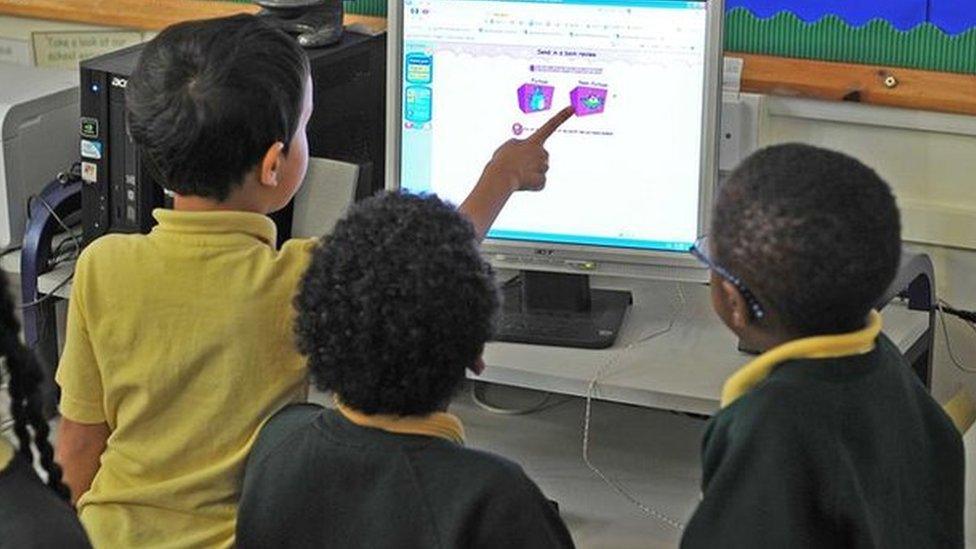Blackburn: A town still divided?
- Published
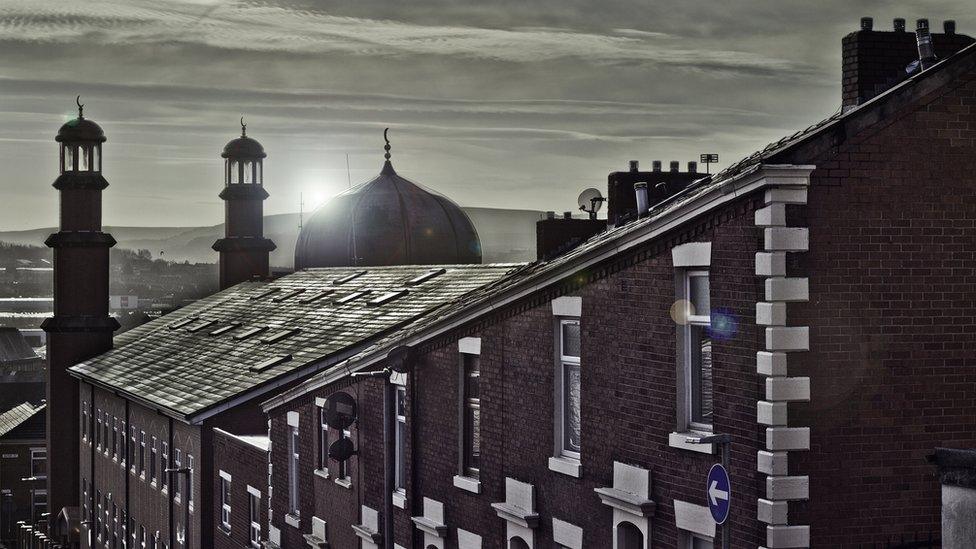
Blackburn was once described as one of the most segregated towns in Britain by the author of a report on riots across northern England. In 2007, Panorama found Blackburn's Muslim Asian and white communities were living worlds apart. Ten years on, has anything changed?
In 2007 we made a programme called White Fright tracking the ethnic and religious divide between Muslim Asian and white residents in Blackburn.
White residents were found to be leaving in large numbers and the two communities had separate lives.
A decade on Panorama has returned to find a town that is even more divided.
Some parts of Blackburn are only lived in by white residents and other areas are almost entirely Muslim Asian.
'Totally changed'
Nazir Musa arrived in Blackburn as a three-year-old from East Africa in 1967. His family were some of the first Muslim Asian settlers to make the town their home.
For Mr Musa, the Blackburn of his childhood is very different to the Blackburn he lives in today.
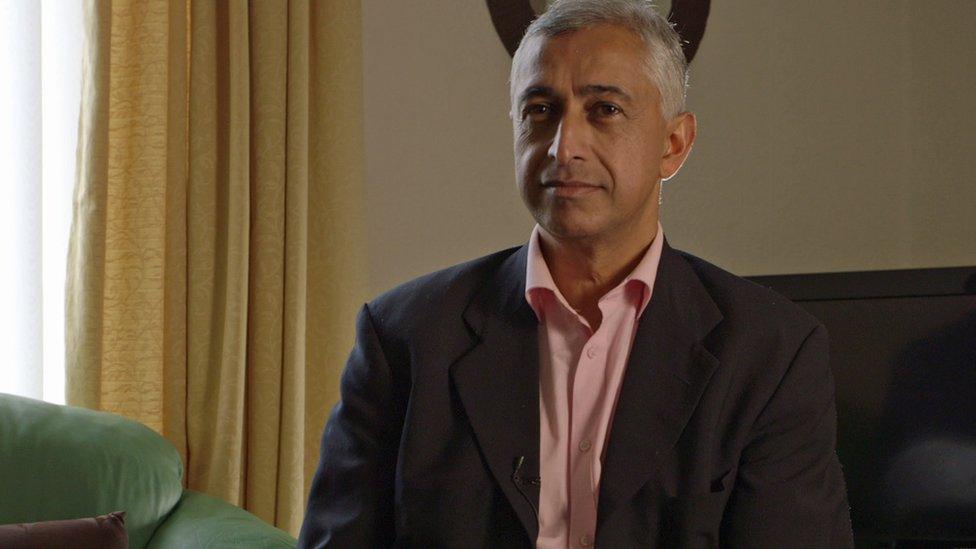
Mr Musa is worried about Blackburn's future
"It's totally changed in my lifetime. There were probably about half a dozen Asian families here, nowadays there's probably half a dozen white families left," he says.
Mr Musa is worried about what his town has become and what the future holds for Blackburn.
When he first came to Blackburn it was difficult. Asian immigrants were met with racism and hostility but they still managed to integrate.
He says the need to end segregation is greater than ever, but that there is "very little prospect for integration".
Over the past four months Panorama has revisited many of the people featured in the White Fright programme, external in 2007.
'Fearing each other'
Two residents we met were minicab drivers from opposite sides of town - Ian Goodliffe, who worked for a taxi firm staffed only by white drivers, and Mohammed Nawaz, whose colleagues were all Asian.
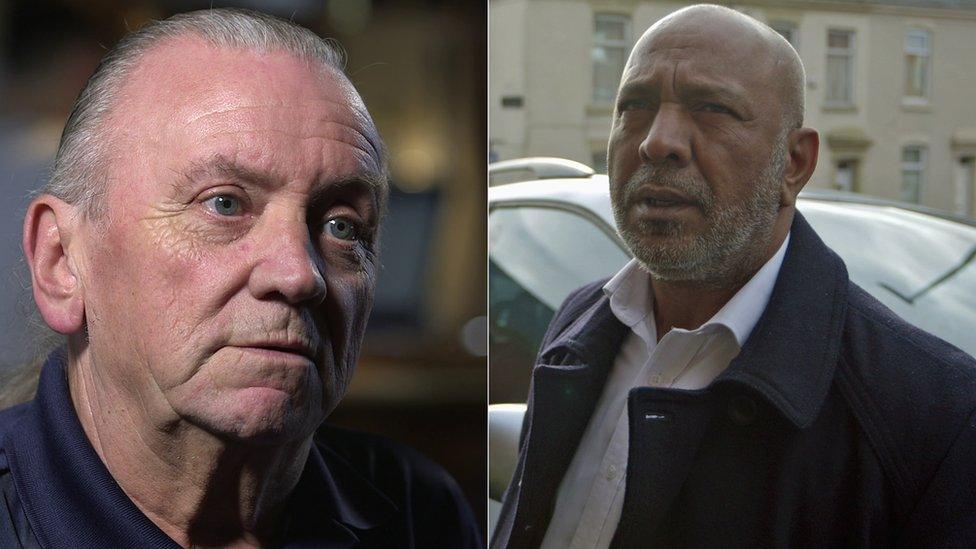
Mr Goodliffe and Mr Nawaz spoke to Panorama again 10 years on
Mr Goodliffe now works as a delivery driver and only visits the predominantly Asian parts of town in his job. Mr Nawaz still works as a minicab driver and only ventures into the mostly white parts of Blackburn when working.
Mr Goodliffe lives in the Mill Hill area - still almost exclusively white - and speaks of how segregation is being driven by fears that have only worsened in the last decade.
Although he does not himself fear the Asian Muslim community, he can understand why such a situation exists.
He believes Islamist terrorism in the UK has influenced the thinking of some in the white community while Asian Muslim residents fear such incidents could make them the target of "reprisals".
"It just puts more of a wedge between the two communities," he says.
Mr Nawaz says he believes the Muslim community has grown in Blackburn to such an extent that "a majority of areas are Asian".
"We're here to stay. We're not going to go anywhere," he said.
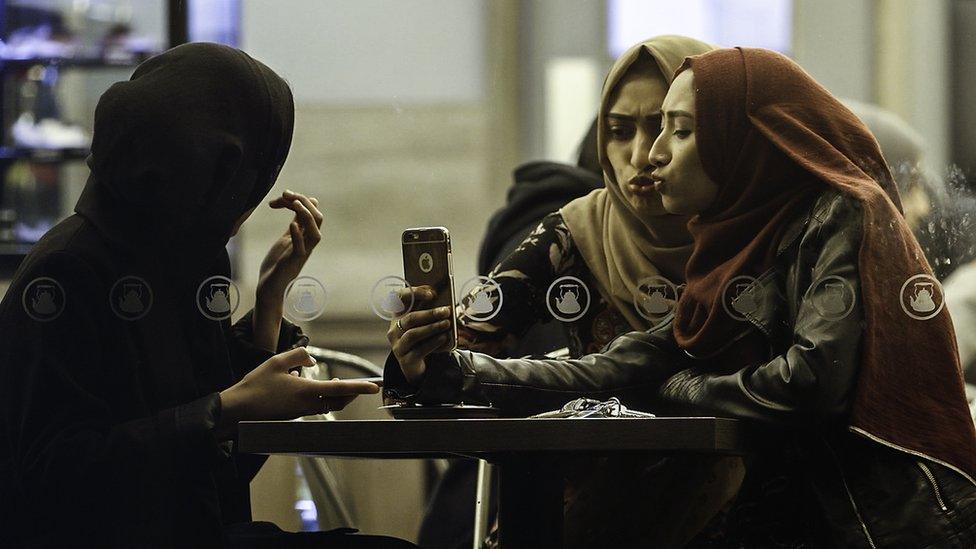
This is a view echoed by many of Blackburn's Muslim Asian residents. Domestic terrorism perpetrated by those claiming to act in the name of Islam has made them feel like a community constantly under suspicion.
For Blackburn's Muslims there has been a notable shift in the way their white neighbours see them.
For Gulistan Khan, a prominent figure in Blackburn's Muslim Asian community, having to constantly speak out in the aftermath of terrorism is also causing a divide.
"We're having to justify our allegiances with the country that we live in," he says.

Gulistan Khan: "We're having to justify our allegiances"
"But why is it that we have to do it every time. We're having to apologise for others and it has a huge impact on Muslims up and down the country."
Government strategy
But how can the issue of segregation be solved?
After the 2001 riots that hit towns near Blackburn, including Burnley, Oldham and Bradford, Prof Ted Cantle was appointed by the home secretary to lead the Community Cohesion Review, external into the causes.
He found a lack of understanding between communities in 2001 led to discontent and a couple of racist incidents that escalated into a disastrous situation.
It has been 17 years since his report but Prof Cantle says very little had changed for the better.
Communities, he says, are still living parallel lives and in Blackburn - where he was later asked to lead an initiative to promote integration - segregation is increasing residentially, socially and in education.
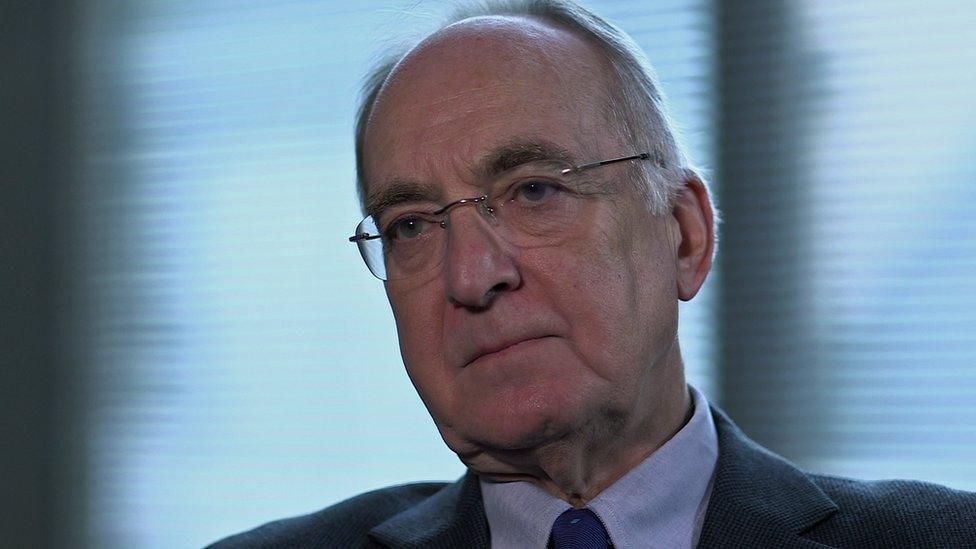
Prof Ted Cantle sees evidence segregation has increased in Blackburn since 2007
Although some of the recommendations from his 2001 review were adopted, Prof Cantle believes on the issue of integration, "governments have failed to intervene" and a "completely new approach with a new vision about how we tackle some of these issues" is needed.
He added the UK "should be very worried about segregation, because we have seen how that's contributed to tensions and disturbances in the past".
Government strategy
In 2016, the Casey Review, external warned of "worrying levels" of segregation that were fuelling both inequality and radicalisation.
Dame Louise Casey had been asked by then Prime Minister David Cameron to examine the issue after the first Britons began to travel to Syria to fight for the so-called Islamic State group.
She also examined the role that extremism can play in community segregation.
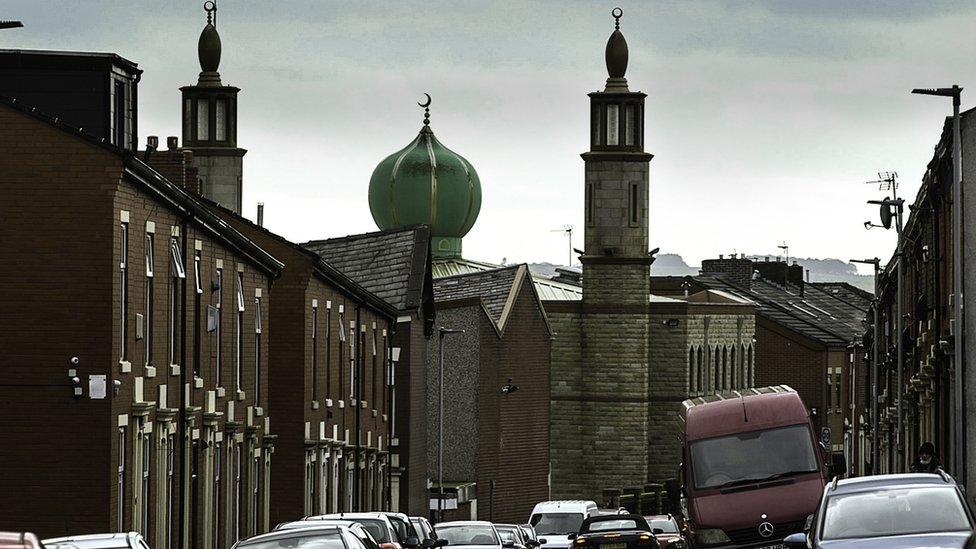
Some parts of Blackburn only have white residents - other areas are almost all Muslim Asian
Dame Louise told Panorama she believes segregation will only get worse without intervention.
She added she was disappointed with the lack of response from the government following the publication of her report more than a year ago.
She also believes an unwillingness to openly discuss segregation for fear of offending particular communities is still very much part of the problem.
The Labour MP Chuka Umunna, the head of the All Party Parliamentary Group on Social Integration, external, believes the government is guilty of conflating issues of segregation with issues of radicalisation.
He says this has left many young Muslims feeling marginalised and demonised.
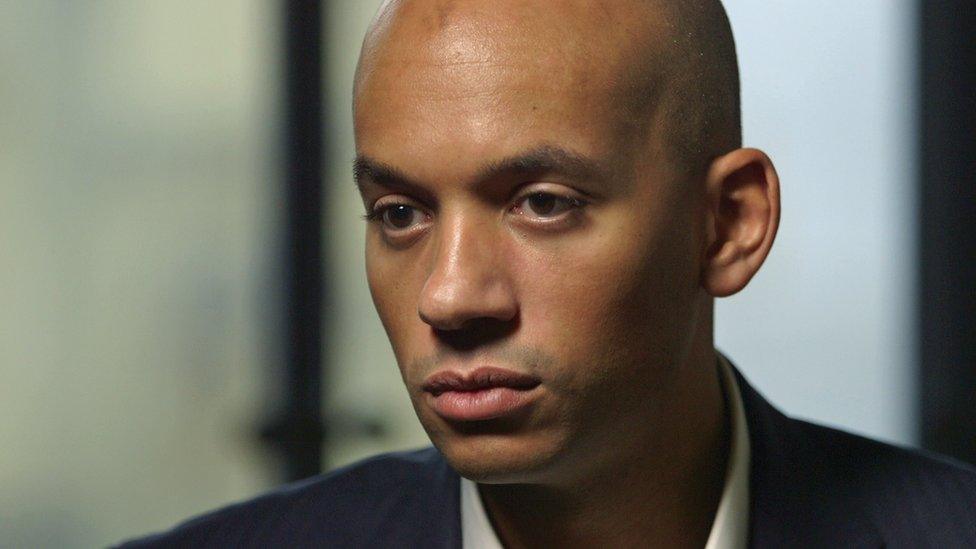
Labour's Chuka Umunna describes segregation as a "national crisis"
Mr Umunna told Panorama the issue of integration had been "swept under the carpet" and segregation is now a "national crisis" that has reached a tipping point.
He says when different communities do not interact, the "extremes on all sides step into the vacuum" in order to "sow the seeds of mistrust and hatred".
The country is, says Mr Umunna, "at that point right now and if we don't act we could end up going in a very ugly direction indeed".
The government says it will be announcing its strategy to further strengthen community integration shortly.
"Britain is on the whole, a well-integrated society," a government spokesperson said.
"But we all must do more to make sure nobody is excluded and everyone has the opportunity to fulfil their potential. Bringing the country even closer together is a shared responsibility."
Panorama - White Fright: Divided Britain will be broadcast on BBC One on Monday 22 January, at 20:30 GMT, or watch later on BBC iPlayer.
- Published5 December 2016
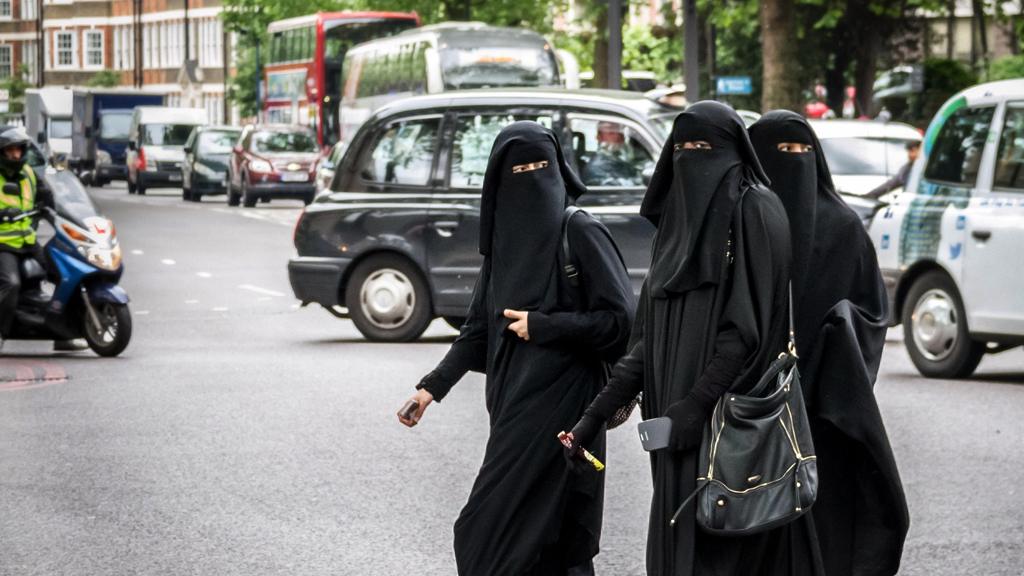
- Published26 May 2016
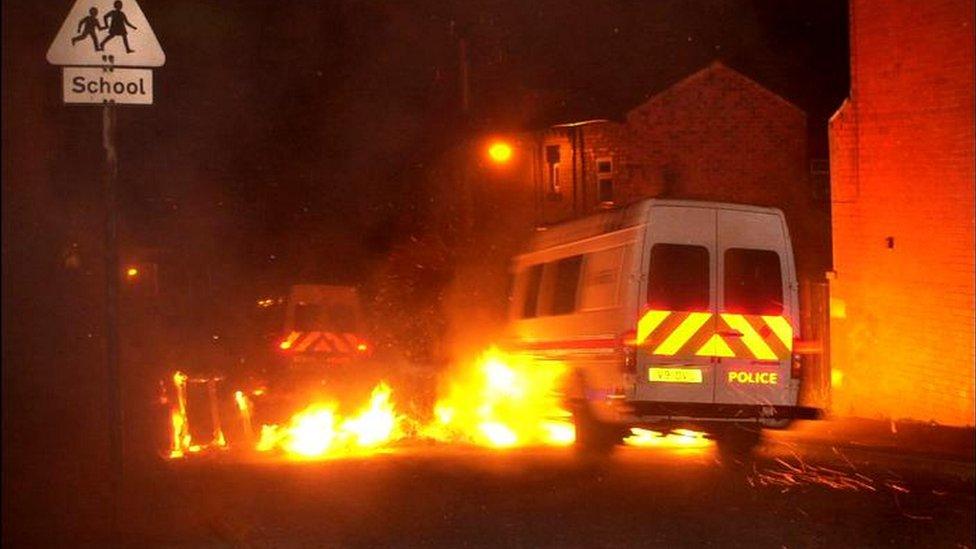
- Published22 March 2017
